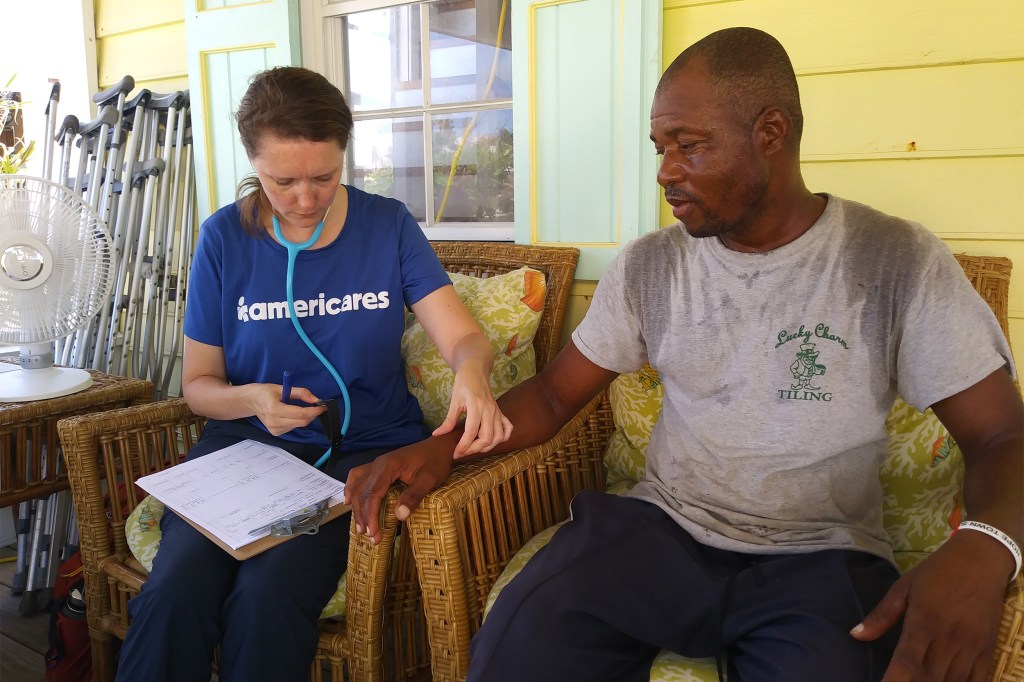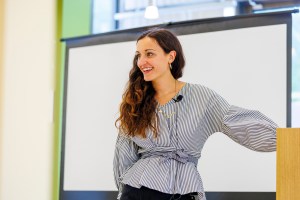Health
-
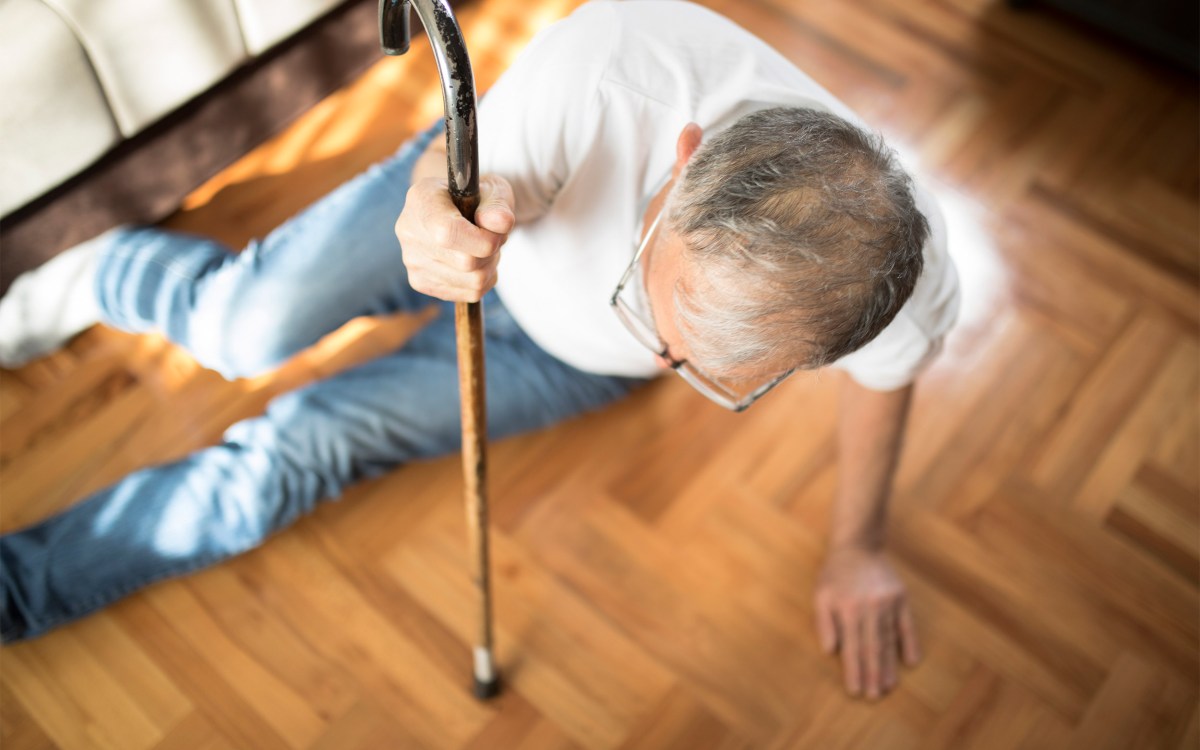
Falls put older adults at increased risk of Alzheimer’s
Researchers found dementia more frequently diagnosed within one year of a fall, compared to other types of injuries
Part of the Findings series -

‘Weekend warriors’ can cut risk of 264 diseases
Concentrated routines just as effective as regular weekly exercise in protecting against heart, digestive conditions as well as neurological illnesses
Part of the Findings series -
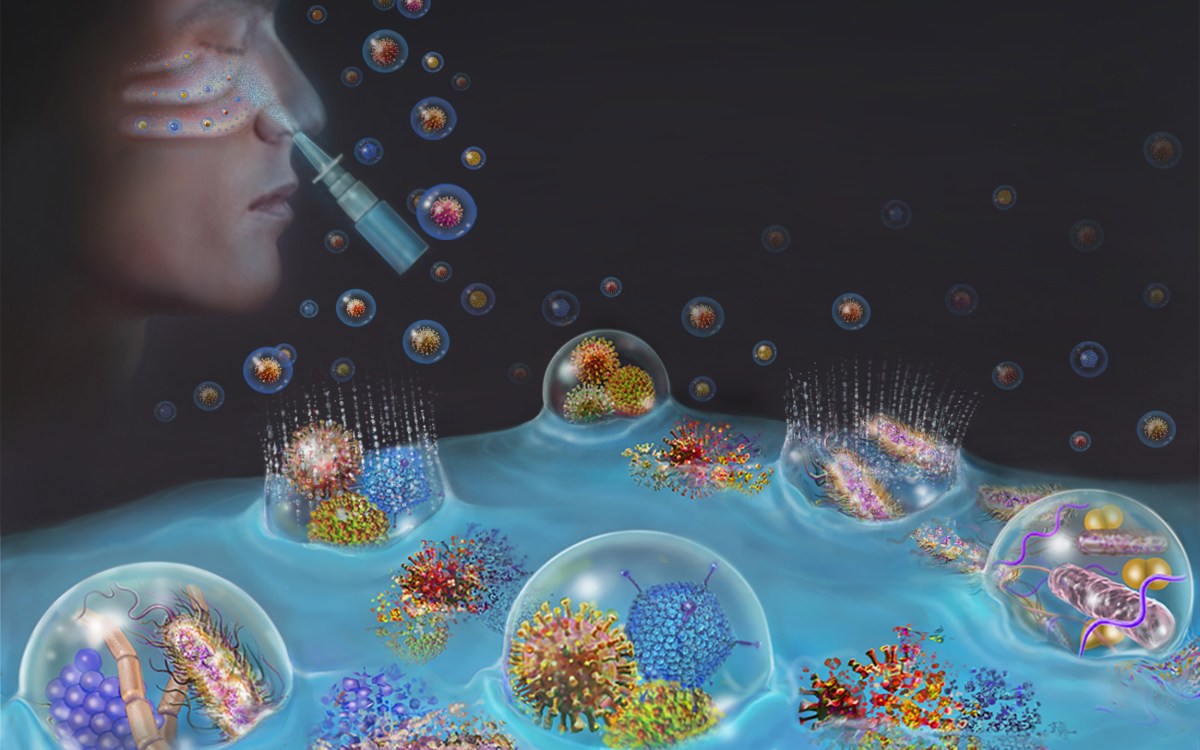
Drug-free nasal spray blocks, neutralizes viruses, bacteria
In preclinical studies, spray offered nearly 100% protection from respiratory infections by COVID-19, influenza, viruses, and pneumonia-causing bacteria
-

Using AI to repurpose existing drugs for treatment of rare diseases
Identifies possible therapies for thousands of diseases, including ones with no current treatments
Part of the Findings series -
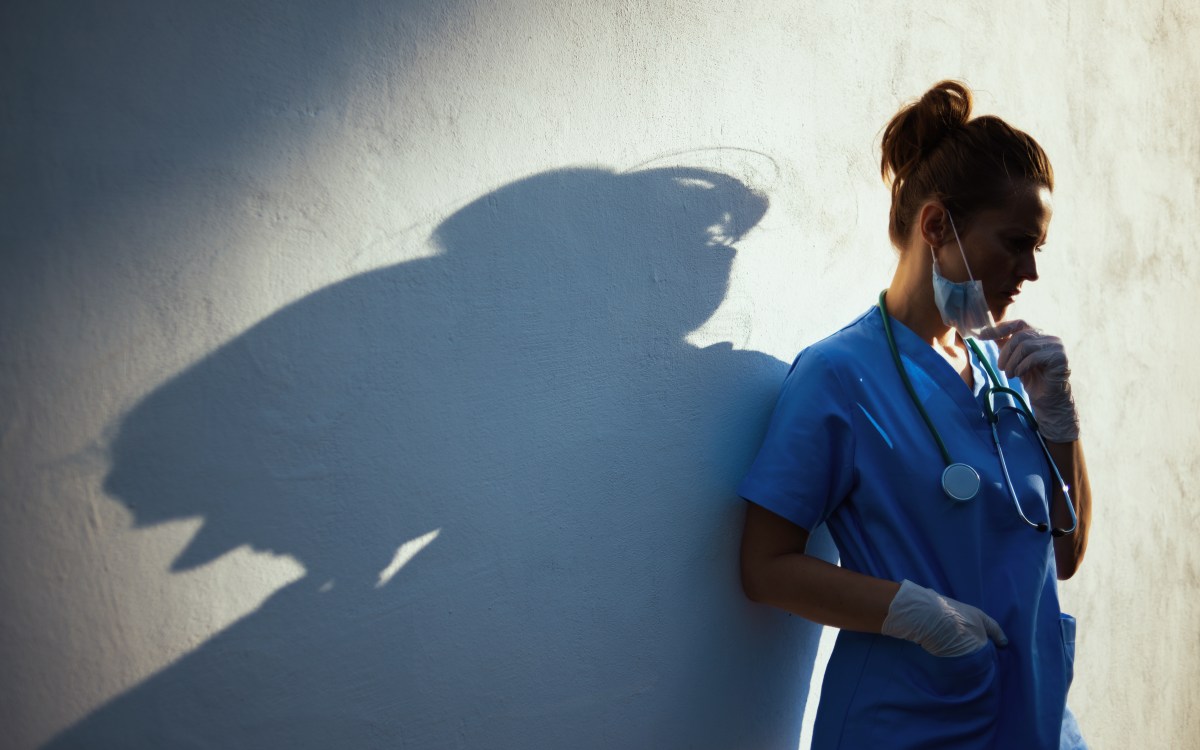
Suicide among female doctors gets a closer look
Epidemiologist discusses research, shrinking gap between rates of male, female physicians, what can be done
Part of the Findings series -
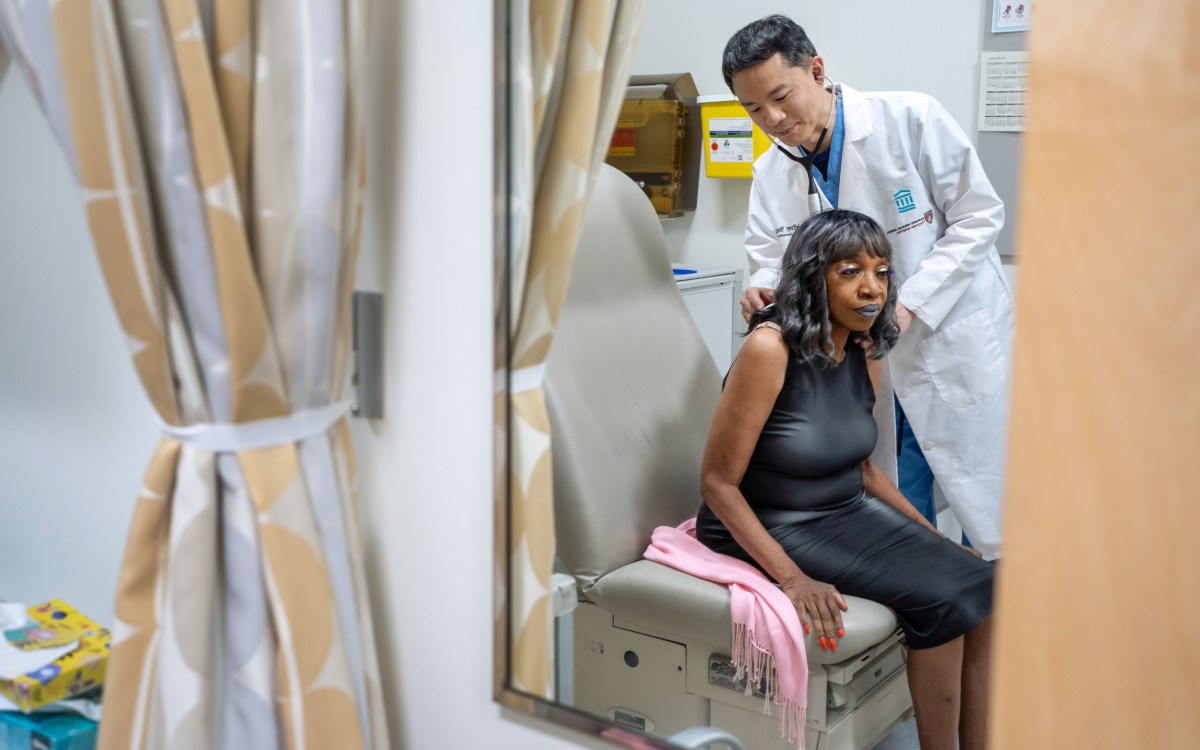
To assess a smoker’s lung cancer risk, think years — not packs
Far more cases get caught when screening guidelines consider duration of habit regardless of intensity, study finds — especially among Black patients
Part of the Findings series
-
Consulting Dr. YouTube
New study highlights the prevalence of misinformation among popular YouTube videos addressing sleep health.

-
Level of cannabis use could determine post-op outcomes
Researchers found that surgical patients with a diagnosed cannabis use disorder more often required advanced postprocedural health care — such as admission to an intensive care unit — compared to non-users.

-
Study shows higher sperm counts in men who lift heavy objects
Occupational factors, such as physical demands and work schedules, were associated with higher sperm concentrations and serum testosterone, according to a new study.

-
Lack of sleep will catch up to you in more ways than one
Experts highlight the health and memory effects, offer suggestions for countering environmental disruptions.

-
Model predicts risk of endometrial cancer
Current screening guidelines ignore those at high risk for the most prevalent gynecological malignancy in U.S.
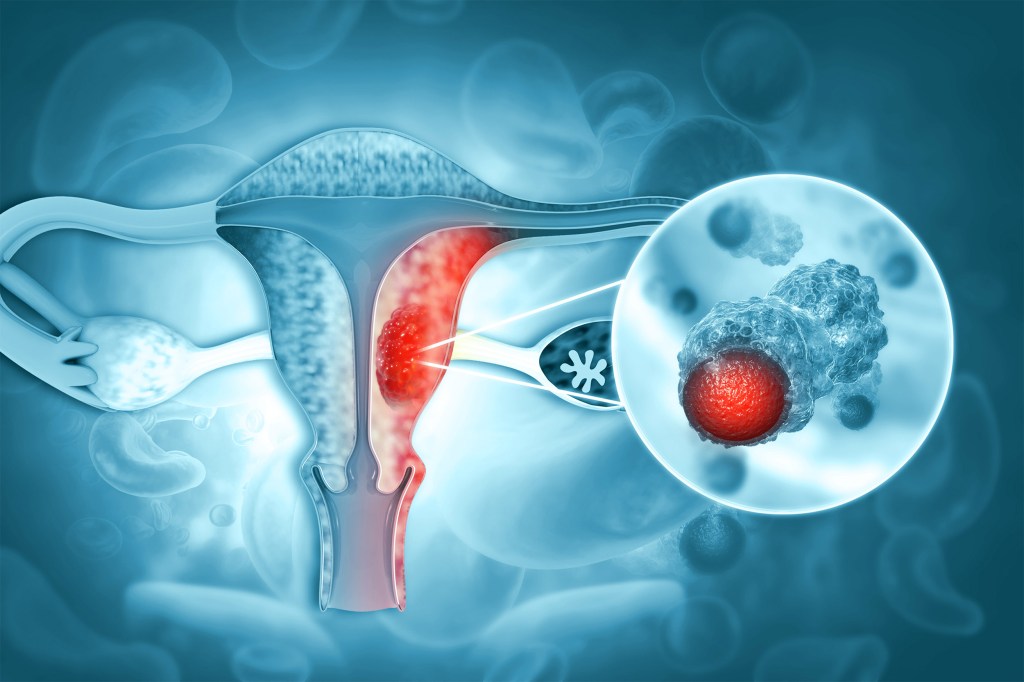
-
When heartbreak kills, blame the amygdala
When your heart breaks enough to kill you, it’s likely the amygdala — in the brain, not the heart — that is the culprit.
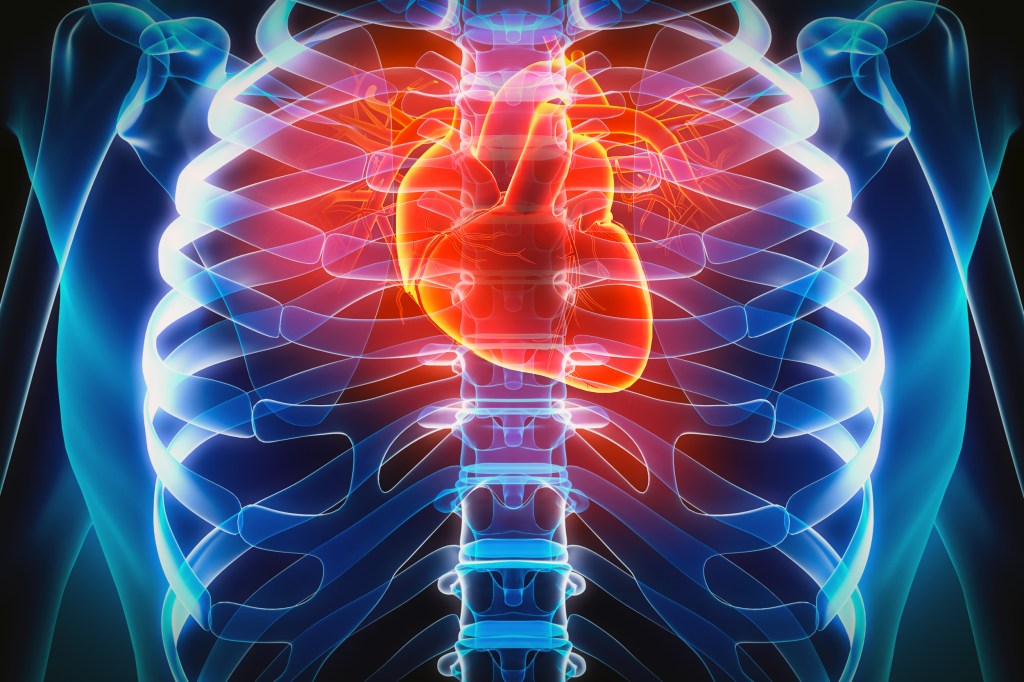
-
Work out daily? OK, but how socially fit are you?
Harvard Study of Adult Development director details what research says about value of relationships to physical and mental health.
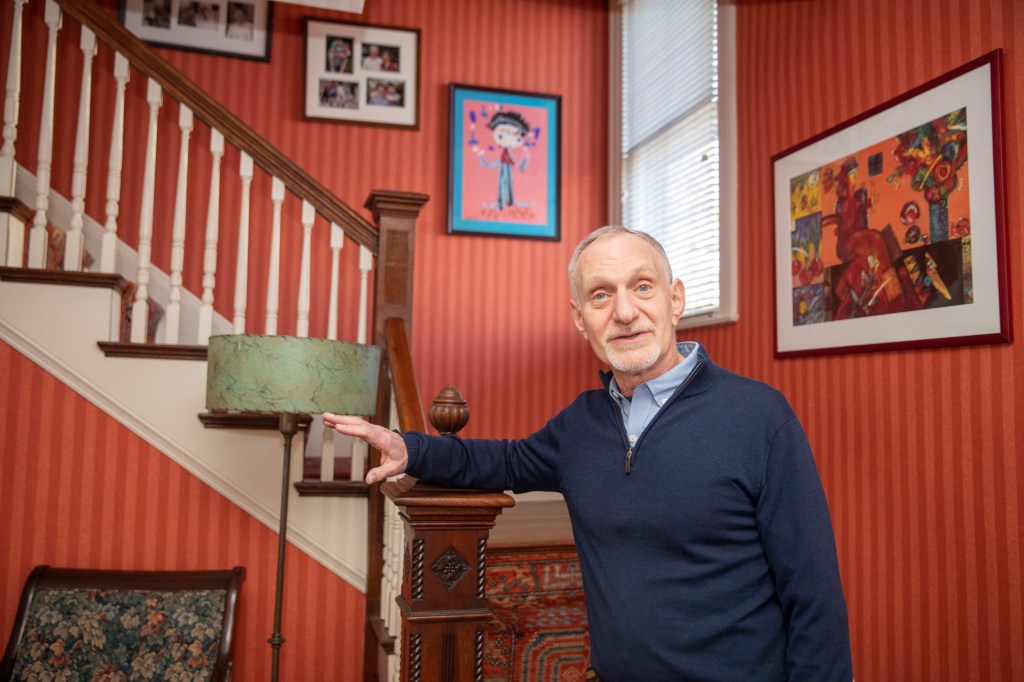
-
Longevity analysis identifies 8 key social factors
Researchers say survey powered by machine learning can predict independent living and longevity.

-
The gap between our teeth
A new study examines the drop in dental care at age 65 and the health consequences associated with the lapse in coverage.
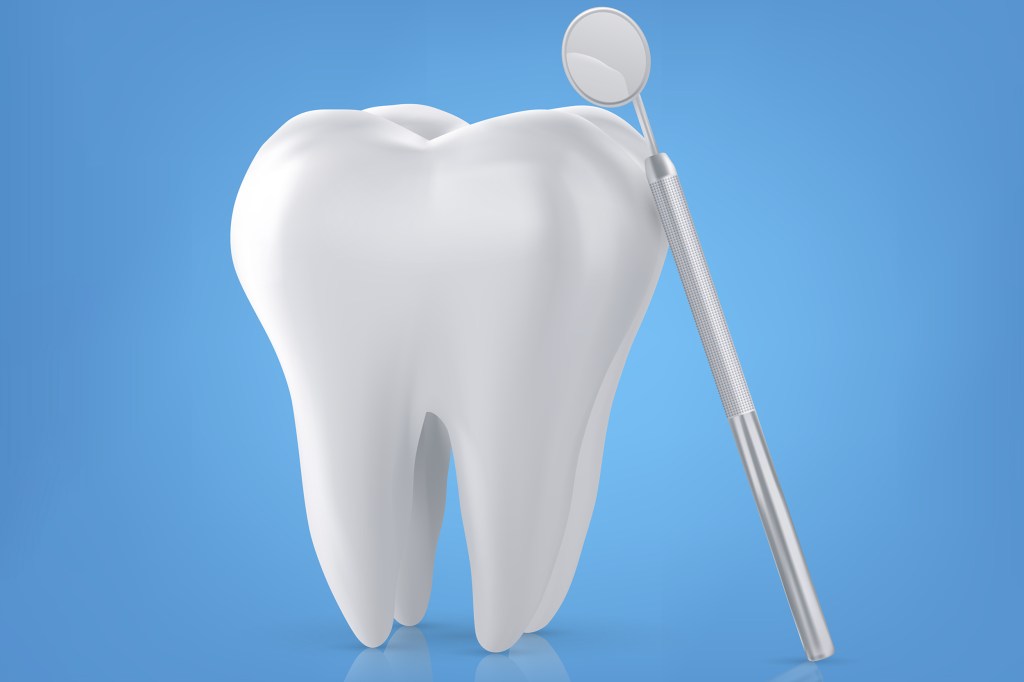
-
Happy? Want to learn how to be?
Arthur Brooks aims to ignite a mass movement through podcasts, books, and a new lab at the Kennedy School for research and leadership training.
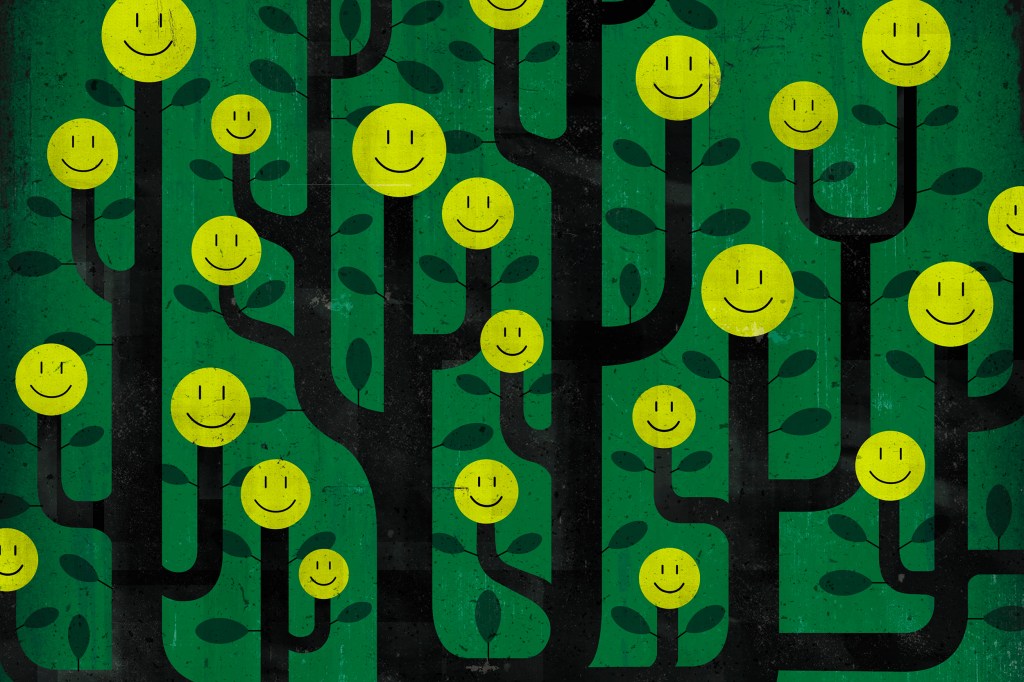
-
‘Why is God doing this to me?’
Inspired by recent study, Harvard Divinity School panelists explore the spiritual side of health care.
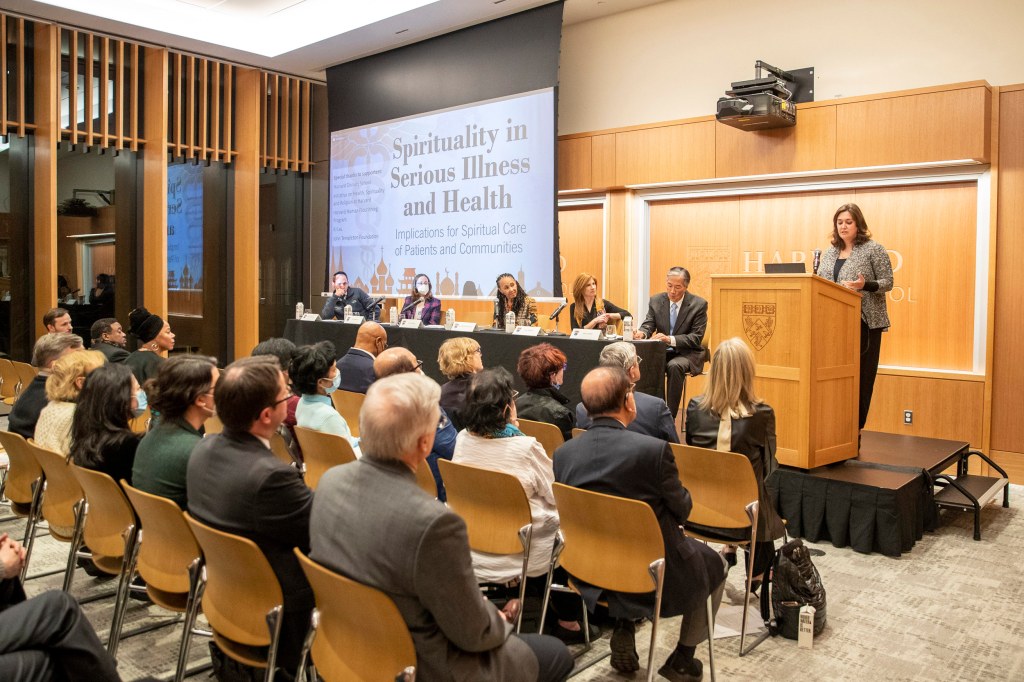
-
Lifestyle influences long COVID risk
Findings suggest that simple lifestyle changes, such as having adequate sleep and maintaining a healthy body weight could prevent long COVID symptoms.
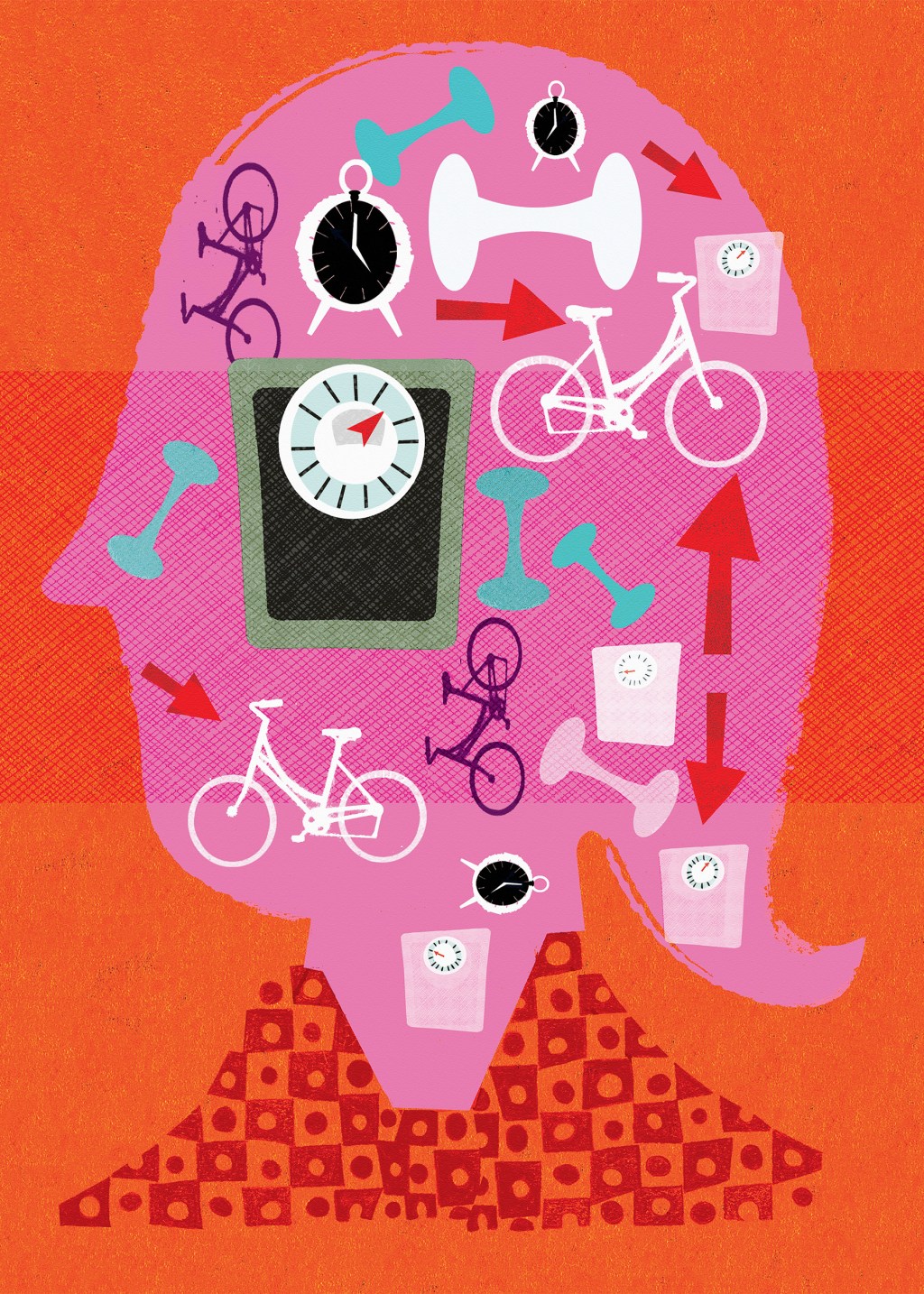
-
More mindfulness may be part of the answer for anxiety-ridden U.S.
Researcher hopes findings signal new treatment option amid surge in mental health cases.
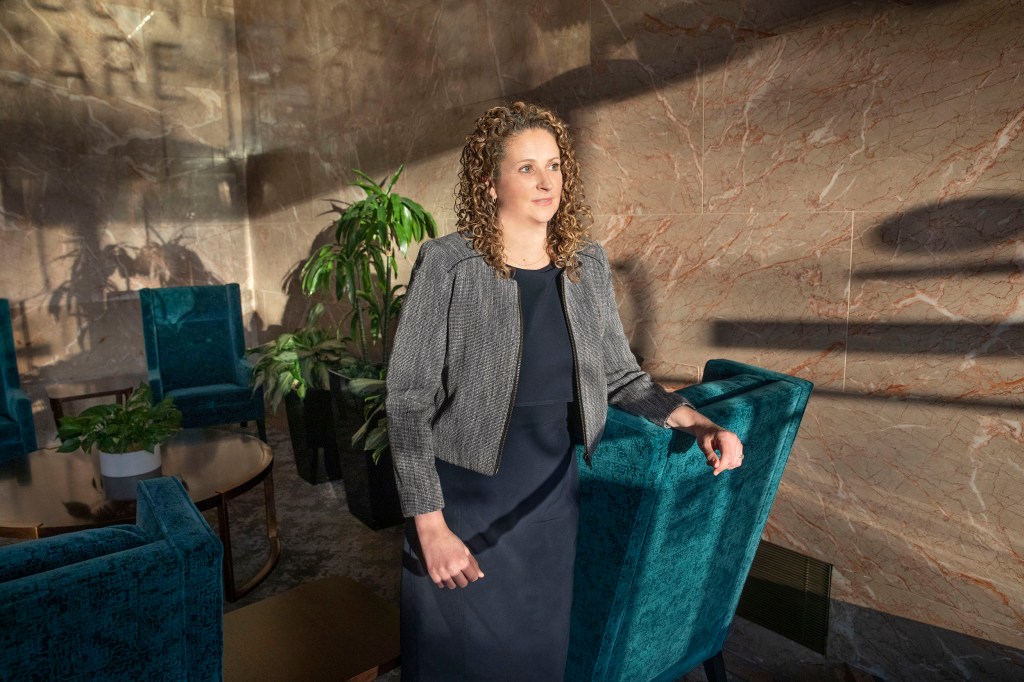
-
Migraine history may be marker of pregnancy complications
Brigham and Women’s study finds increased odds of preterm delivery, other complications.

-
Has first person to live to be 150 been born?
Harvard researchers reported that they can age and then restore youth to lab mice, using a gene cocktail that has already restored vision in mice.
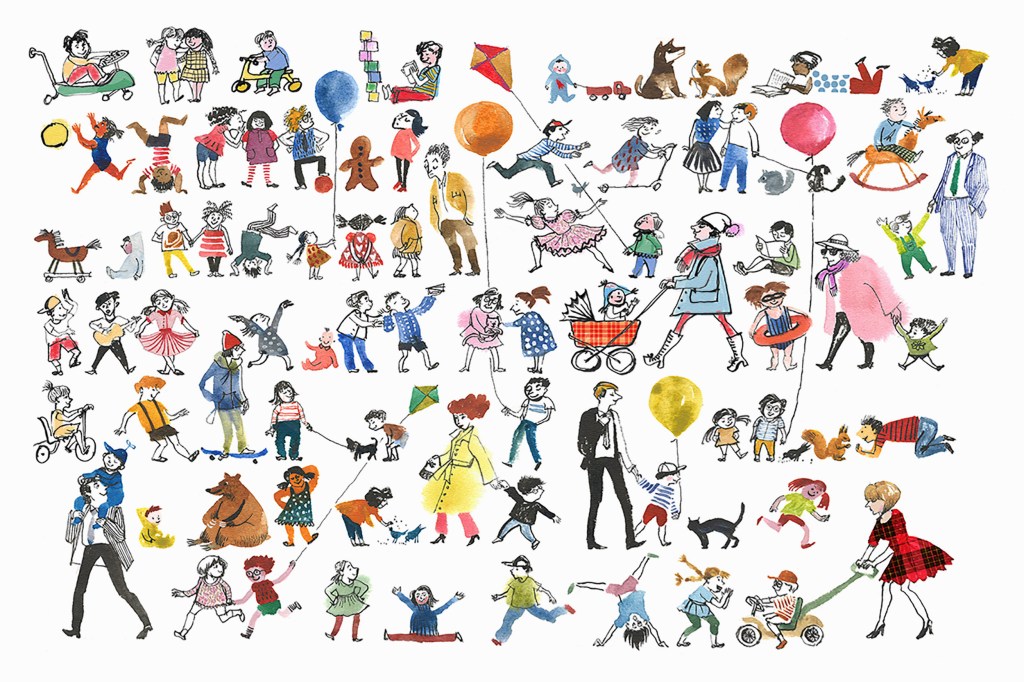
-
Is cycling safe?
We shouldn’t take no for an answer, researcher says

-
Abortion law, suicide rate study adds to raging debate. But are we missing point?
A Harvard epidemiologist says that research tends to be weaponized on both sides, overshadowing the mental health needs of those with unwanted pregnancies.
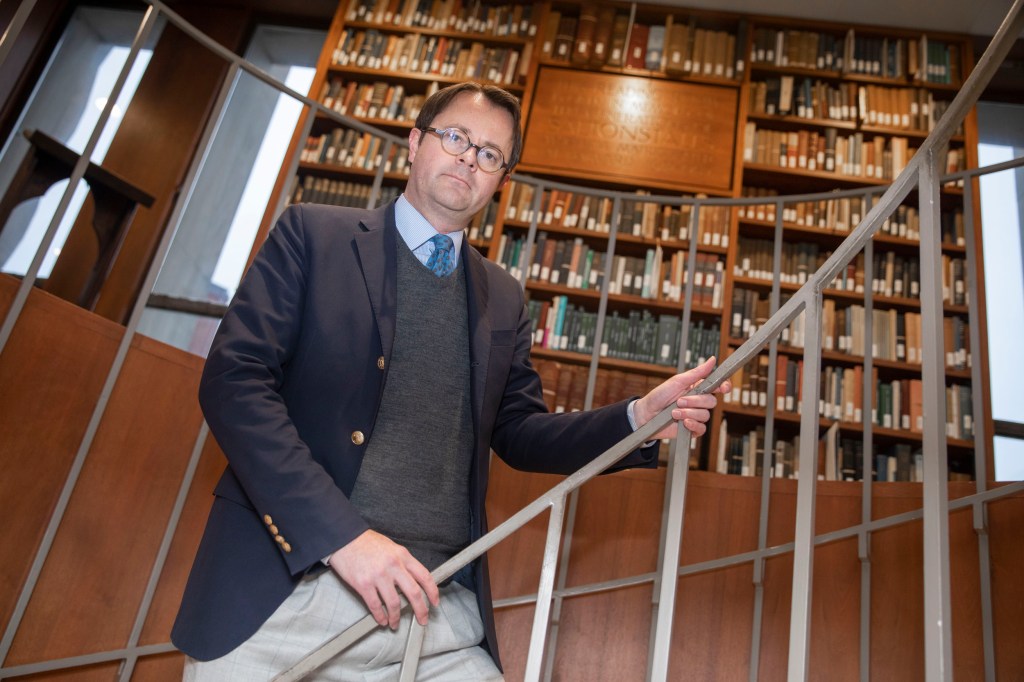
-
Your memory may be better than you think
A new study suggests that people are also surprisingly good at knowing where and when they saw those certain objects.
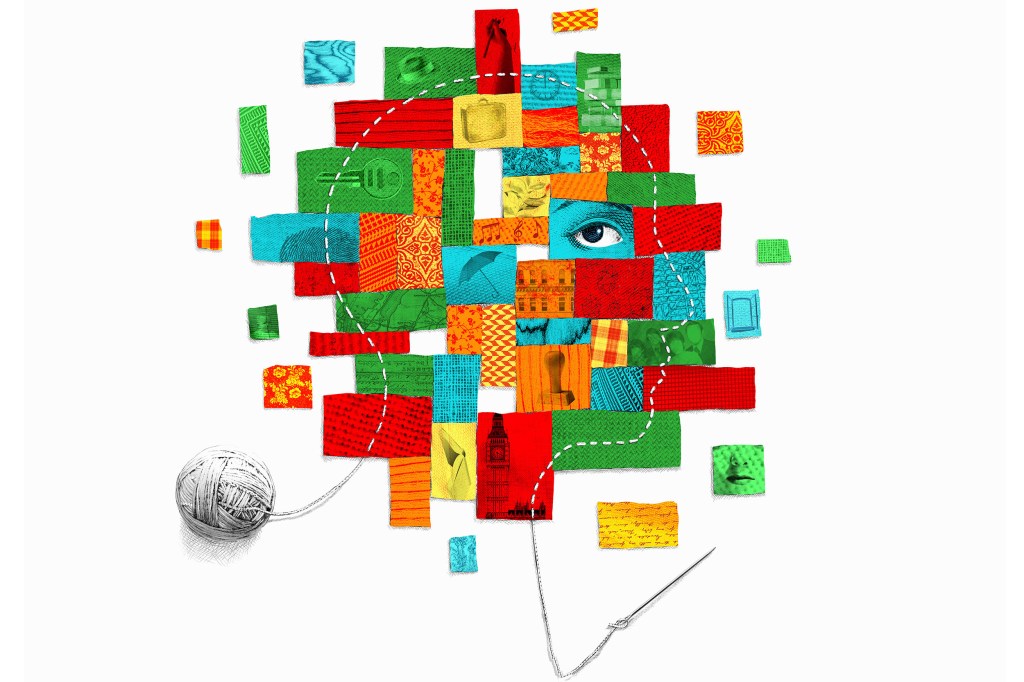
-
A laugh a day keeps the doctor away?
No one knows why we do it, but it’s free, has no known side effects, and experts say it lifts spirits, lowers stress, makes us feel connected
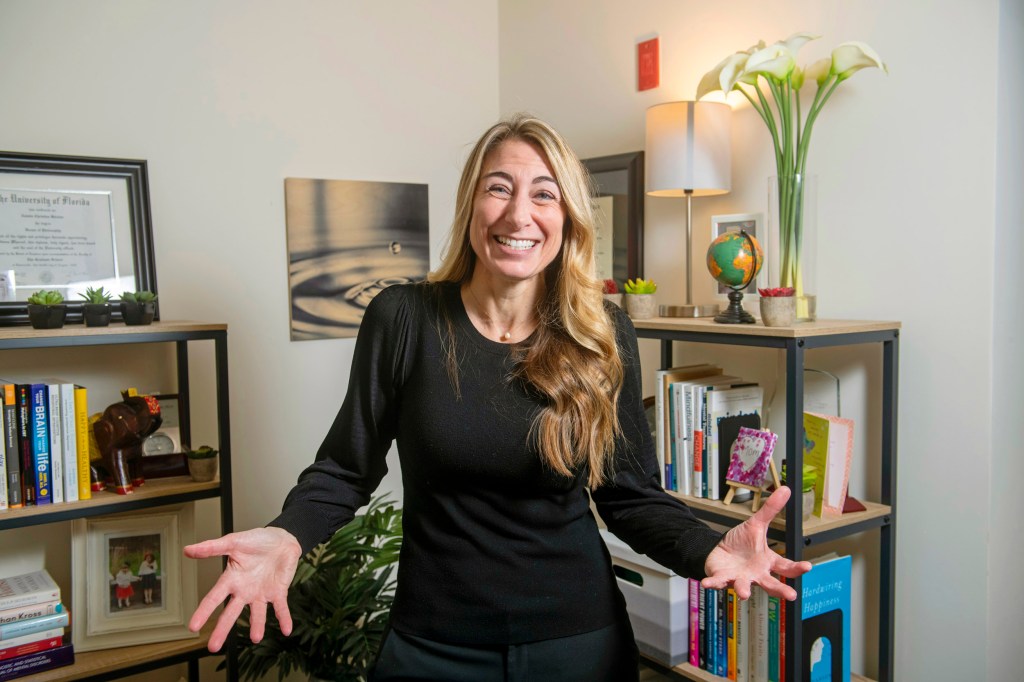
-
Really need to start exercising but hate it? Just move
Health professionals say any regular activity is useful. If it’s been a while, ramp up ‘like a crockpot: low and slow’
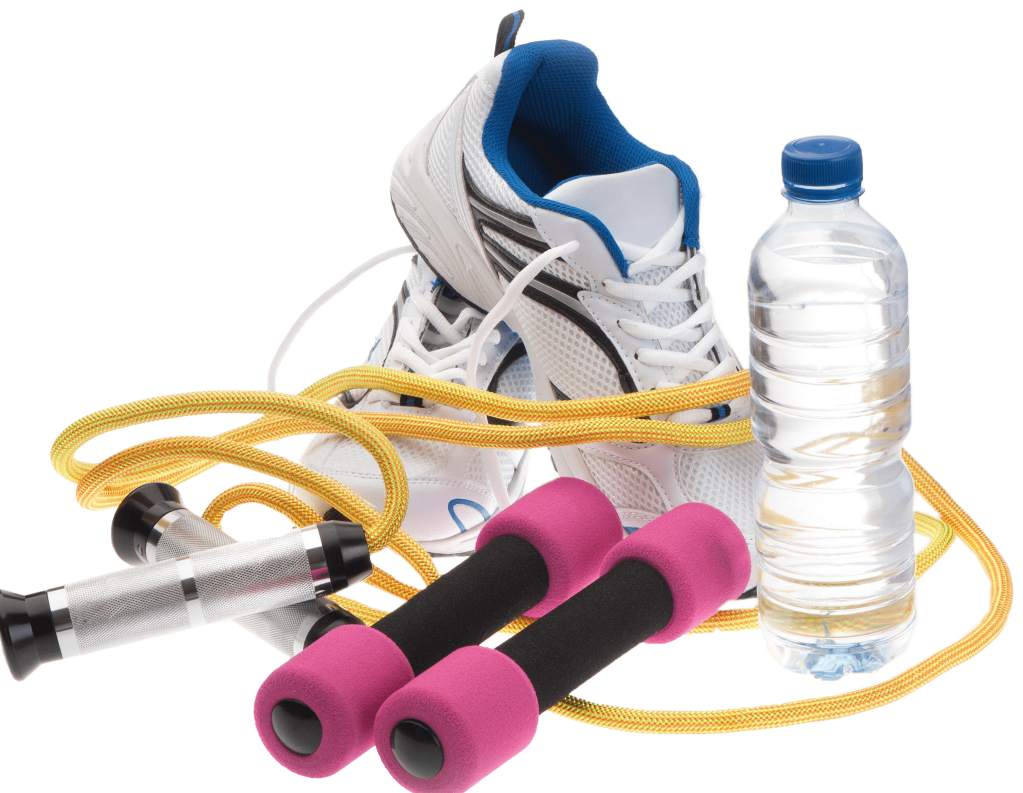
-
Doing medical rounds on streets, alleys of Boston
Tracy Kidder’s “Rough Sleepers” follows Jim O’Connell, who provides Boston’s homeless with health care.
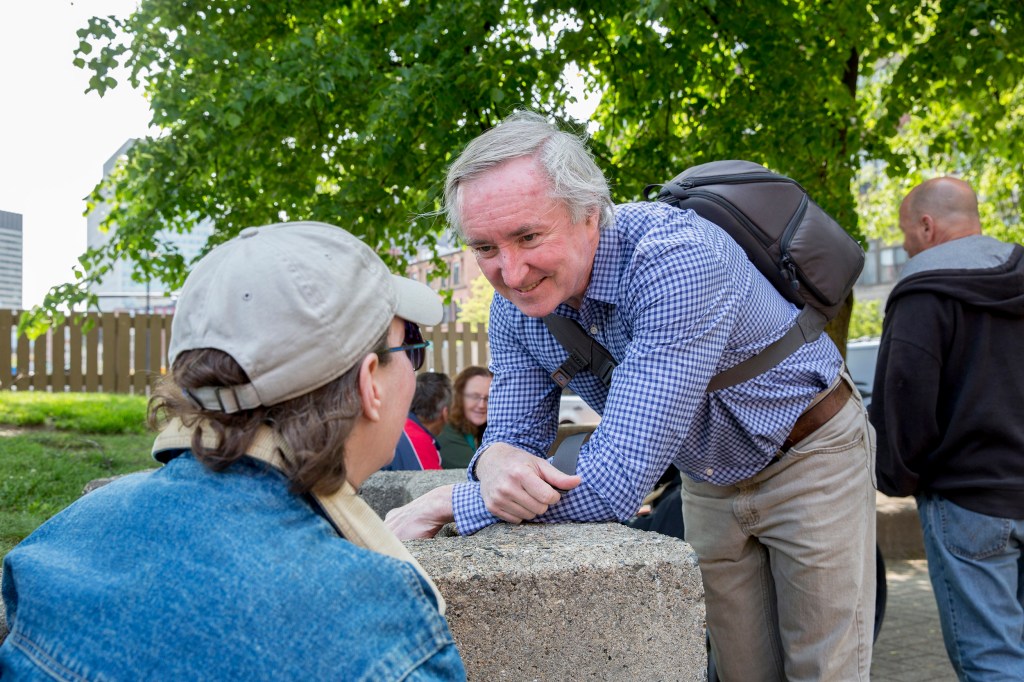
-
Why did so many buy COVID misinformation? It works like magic.
Panelists at a Harvard Law talk examined the surprising parallels between magic and misinformation.
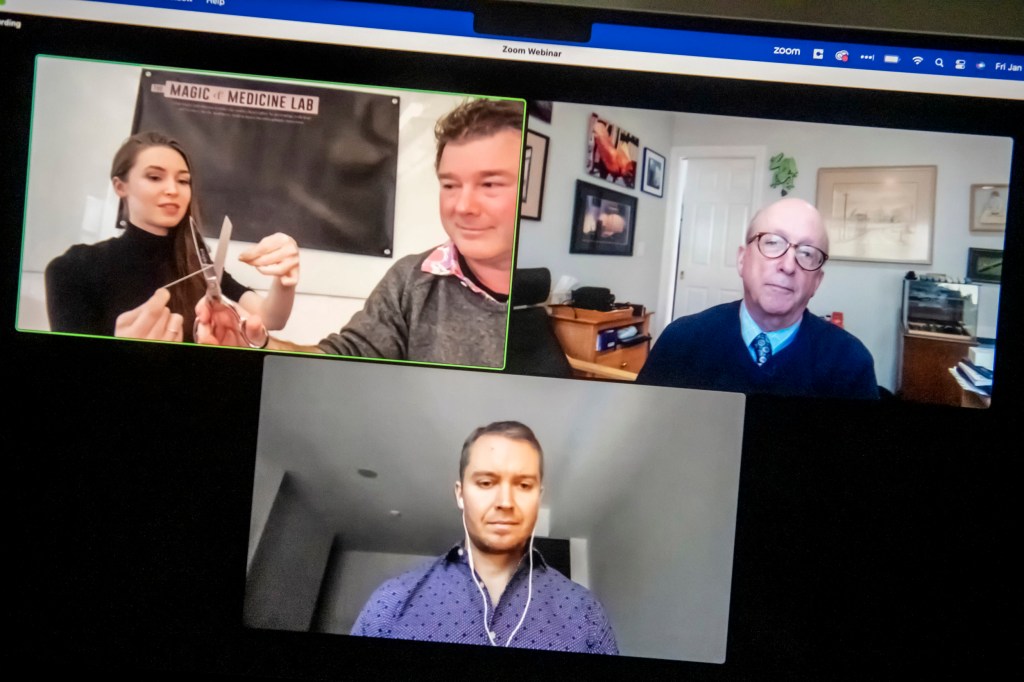
-
The best thing about the Mediterranean diet? It doesn’t taste like a diet.
Olive oil – maybe not your mom’s – is a good place to start, says Chan School’s Walter Willett. But don’t be afraid to experiment.

-
Study finds ‘startling’ inequities in end-of-life opioid treatment
Investigators at Harvard-affiliated Dana-Farber Cancer Institute reported Black and Hispanic patients who had poor-prognosis cancer were less likely than white patients to receive opioid medications.
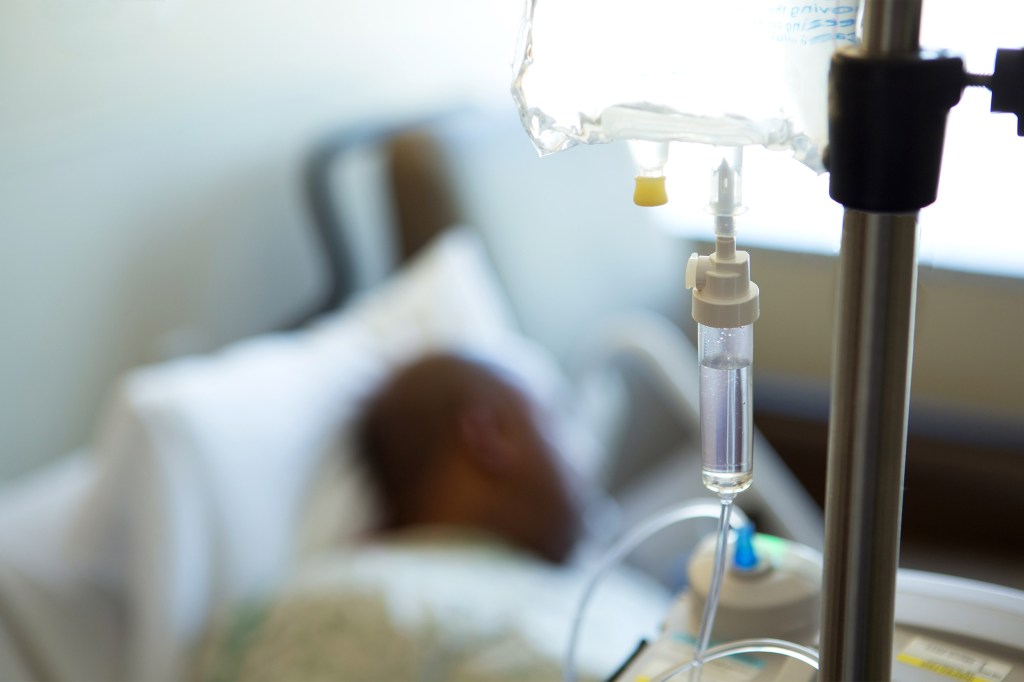
-
Vitamin D benefits linked to body weight
Researchers have found a correlation between vitamin D’s positive health outcomes and a person’s body mass index (BMI).

-
Cars blaring? Boss nagging? Take a deep breath. Now another.
Daniel Goleman, Tsoknyi Rinpoche walk us through science, practice of why we should meditate
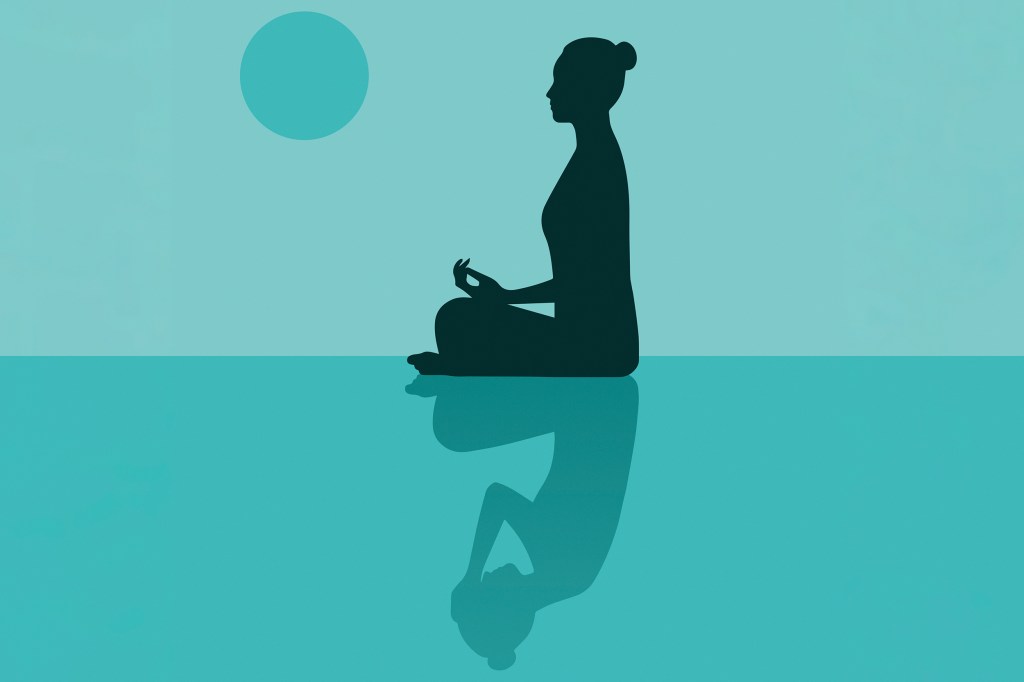
-
Measuring the power of vaccines
Scientists have designed a mathematical model that can predict COVID-19 vaccines’ effectiveness over the long term in healthy individuals and those who have cancer or suppressed immune responses.

-
Weekend ‘catch-up sleep’ might offer a lifeline
Experts offer some tips on how to do better with getting enough rest, the first being admitting there’s a problem

-
Killing cancer with cancer
Scientists at Harvard-affiliated Brigham and Women’s Hospital have developed a cancer vaccine to simultaneously kill and prevent brain cancer in advanced mouse models.
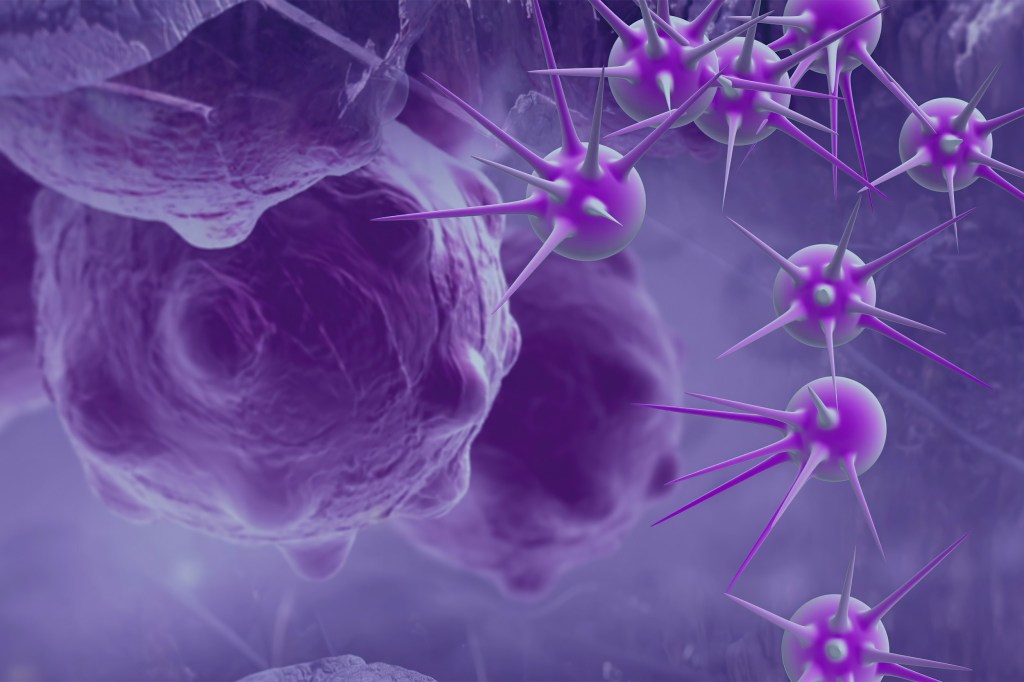
-
With an eye on climate, a helping hand for health care’s front lines
A new toolkit for community-based health centers offers advice to clinicians, patients, and administrators on how to prepare for and handle climate-related emergencies.
